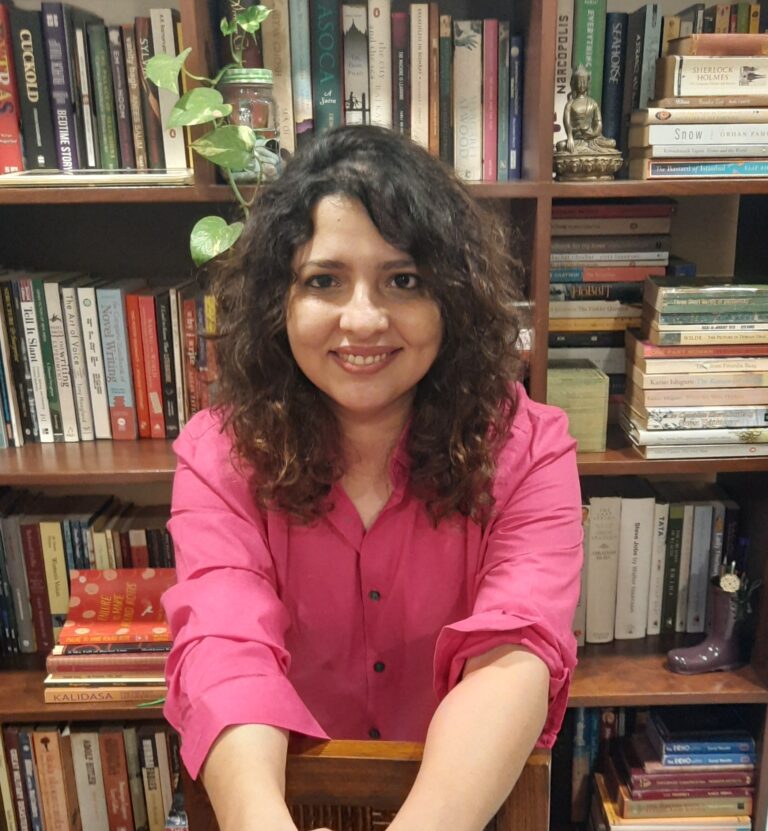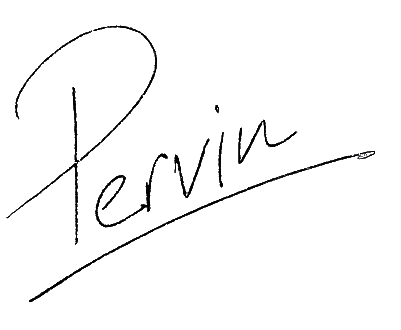
I’m one of those people who has no answer to the question: when did you decide to become a writer? At literature festivals, I would listen with envy as writers talked about this direction, often using phrases like ‘turning point’. For me, growing up in the ‘90s in Bombay, books were more real than the sweat-and-marrow vibrato of the city. The worlds in my head were plural, overlapping, even colonial and problematic, but ultimately they were my homes. I found it torturous to leave those homes — however briefly — for meals, karate classes and the forced enjoyment of what my mother called “go down and play!” Studies on early development show that about 65% of children have imaginary friends. My friends were all firmly verifiable in print. I never thought about ‘becoming’ a writer much like an Australian might not contemplate ‘becoming’ an Australian; I felt born into it.
So it is ironical that after I actually wrote and published books, taught literature courses, curated literary festivals and generally began to occupy the space of ‘writer’, I began to distance myself from that kind of phrasing. Some of it has to do with the narrow subdivisions we’ve created: poet, playwright, novelist, memoirist, and within that still, children’s writer, sonneteer, humourist, and more. (I still do not understand why USA’s largest non-profit literary organisation would call themselves ‘Poets and Writers’; aren’t poets writers?) But the narrowness is not just an aspect of super specialization; it is also a function of language. To be a writer is to be a noun. A category, a classification.
And these days, if language must be employed at all, it must be for its ability to transcend. To push the limits of identity. Which is why I prefer to shed the noun for the verb. I write. The verb is freeing because it is act-oriented rather than identity-oriented; it also has a specific time or tense embedded within it. No hidden connotations (read: aspirations) of everlasting fame. No performing the role of ‘eminent author’, which in this part of the world, involves starched sarees and quotes from TS Eliot. Just an honest, intimate fingertips-to-keyboard relationship with language.
As you will see from these pages, I write poetry, essays, fiction, biographies-in-verse-for-children and other hybrid works that have yet to find their names. I edit, I curate, I teach. The worlds in my head continue to hold their fascination. Except now, most rewardingly, I have new friends who also found their first friends within the pages of a book. Welcome, friend.

I’m one of those people who has no answer to the question: when did you decide to become a writer? At literature festivals, I would listen with envy as writers talked about this direction, often using phrases like ‘turning point’. For me, growing up in the ‘90s in Bombay, books were more real than the sweat-and-marrow vibrato of the city. The worlds in my head were plural, overlapping, even colonial and problematic, but ultimately they were my homes. I found it torturous to leave those homes — however briefly — for meals, karate classes and the forced enjoyment of what my mother called “go down and play!” Studies on early development show that about 65% of children have imaginary friends. My friends were all firmly verifiable in print. I never thought about ‘becoming’ a writer much like an Australian might not contemplate ‘becoming’ an Australian; I felt born into it.
So it is ironical that after I actually wrote and published books, taught literature courses, curated literary festivals and generally began to occupy the space of ‘writer’, I began to distance myself from that kind of phrasing. Some of it has to do with the narrow subdivisions we’ve created: poet, playwright, novelist, memoirist, and within that still, children’s writer, sonneteer, humourist, and more. (I still do not understand why USA’s largest non-profit literary organisation would call themselves ‘Poets and Writers’; aren’t poets writers?) But the narrowness is not just an aspect of super specialization; it is also a function of language. To be a writer is to be a noun. A category, a classification.
And these days, if language must be employed at all, it must be for its ability to transcend. To push the limits of identity. Which is why I prefer to shed the noun for the verb. I write. The verb is freeing because it is act-oriented rather than identity-oriented; it also has a specific time or tense embedded within it. No hidden connotations (read: aspirations) of everlasting fame. No performing the role of ‘eminent author’, which in this part of the world, involves starched sarees and quotes from TS Eliot. Just an honest, intimate fingertips-to-keyboard relationship with language.
As you will see from these pages, I write poetry, essays, fiction, biographies-in-verse-for-children and other hybrid works that have yet to find their names. I edit, I curate, I teach. The worlds in my head continue to hold their fascination. Except now, most rewardingly, I have new friends who also found their first friends within the pages of a book. Welcome, friend.
